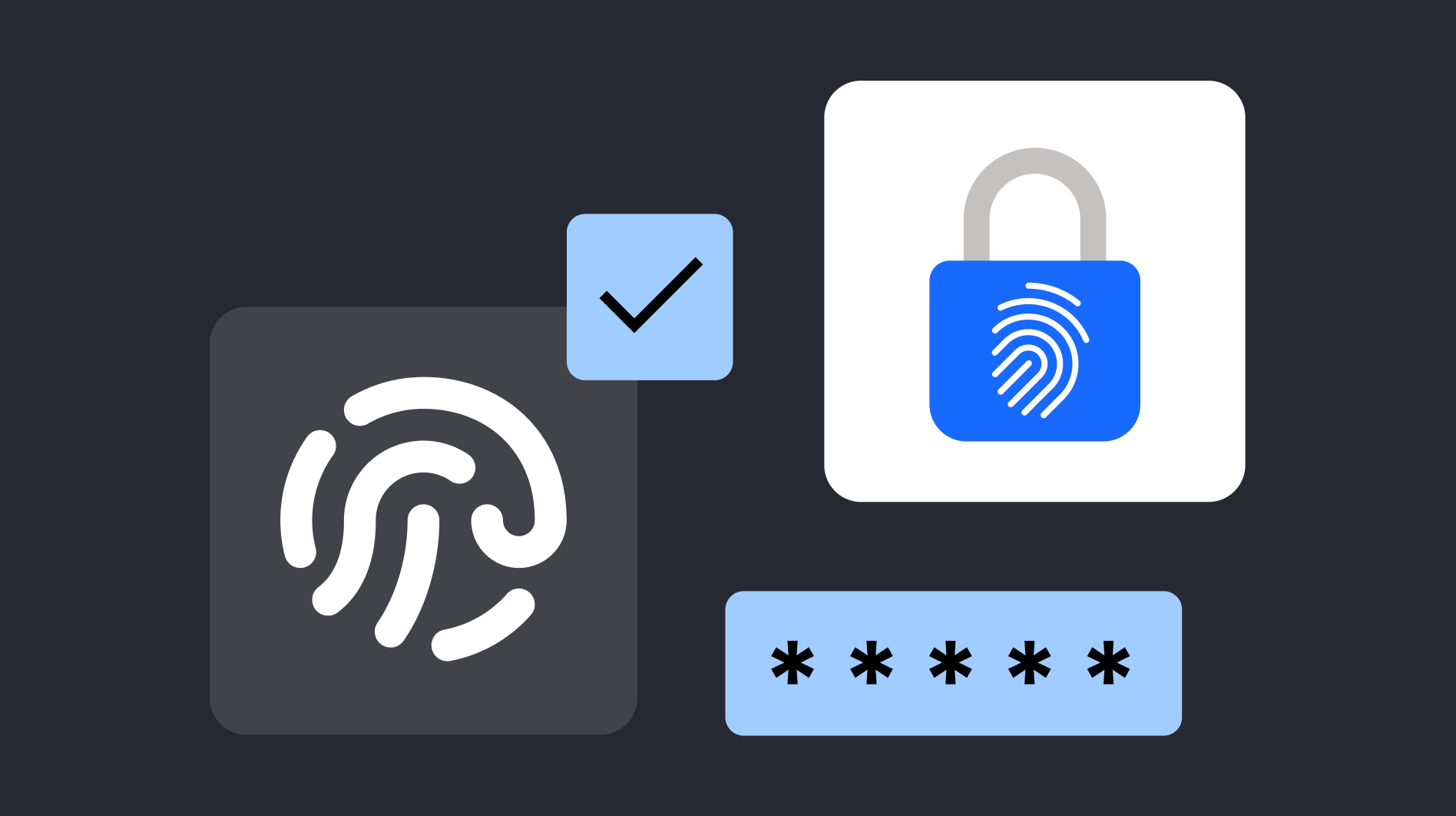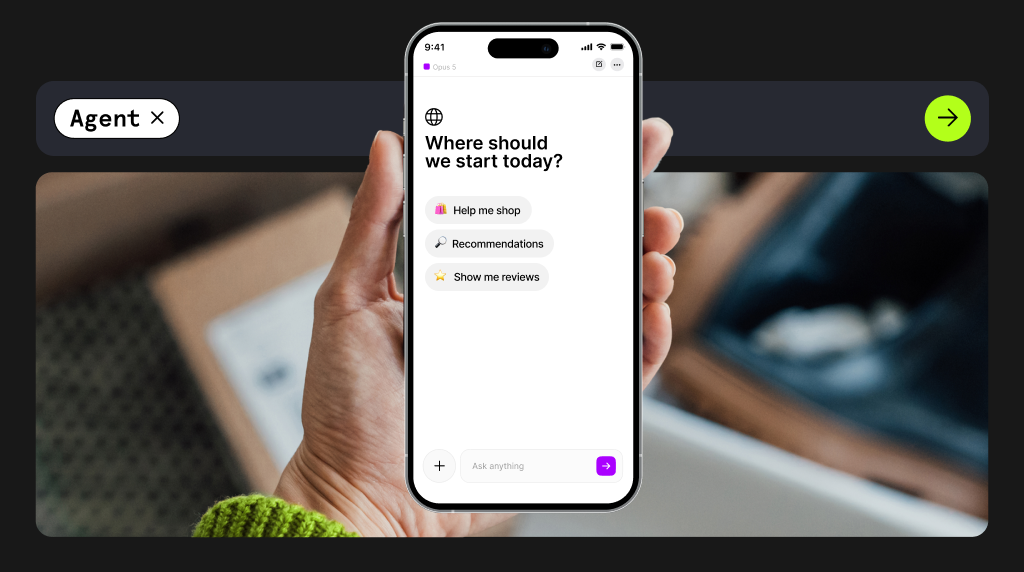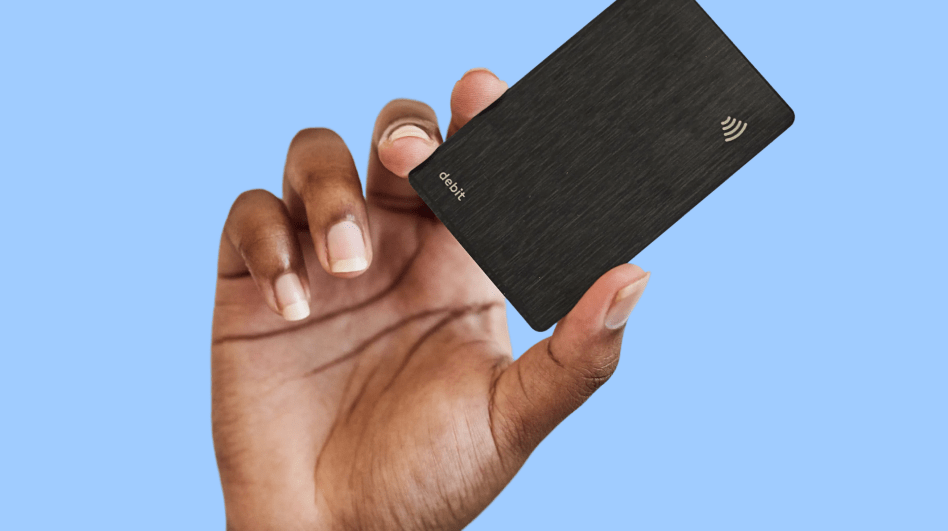Chargebacks occur when a customer disputes a transaction and can result in you, the merchant, having to refund the payment and pay any resulting fees to banks and card schemes.
Before a chargeback is escalated to this stage, both you and your customer have a chance to present the best evidence in your favor, a process known as pre-arbitration. If you are unable to reach an agreement, you will enter into arbitration, where the card network has final say on which party wins the dispute.
These processes can be costly and time-consuming for the merchant, and it's vital to understand how they work so that you can mitigate any negative effects.
In this article, we explain pre-arbitration meaning, chargeback arbitration, the pre-arbitration and arbitration process, and the impact of pre-arbitration on merchants.
What is pre-arbitration in chargebacks?
As the name suggests, pre-arbitration is a step in the chargeback process that occurs before a chargeback is escalated to arbitration. It gives the merchant and cardholder a final chance to investigate and resolve a disputed charge before a third-party, the card network, intervenes and rules on the dispute.
Pre-arbitration is usually initiated by the issuing bank on behalf of their customer, the cardholder, after they’ve provided new evidence to support their claim. However, the acquiring bank can also request pre-arbitration if their customer, the merchant, doesn’t agree with the original decision on the dispute.
For example, while the cardholder might claim that they don’t recognize a charge, they could be guilty of chargeback fraud, giving you legitimate grounds to challenge their dispute. Gathering evidence and presenting it to the issuing bank is known as chargeback representment.
What is arbitration in chargebacks?
If you, your customer, and your respective banks are unable to come to an agreement over the disputed charge, the chargeback will be escalated to arbitration.
Arbitration involves the card network stepping in as a neutral third party to resolve the dispute. This comes at a cost, with the losing party required to pay the card scheme’s arbitration fees in full. These fees vary by network, but they usually amount to several hundred dollars.
As it’s rare for the card network to rule in the merchant’s favor, it only makes sense for you to enter into arbitration if the disputed transaction is of a very high value, and if you have compelling evidence to support your case.
How does pre-arbitration work?
Pre-arbitration gives the merchant and the cardholder the chance to put forward any additional evidence or arguments to support their positions. This evidence could come in the form of documents or more detailed explanations.
Both parties have to do this within a strict timeline. If either fails to meet the deadline, the dispute is automatically settled in the other’s favor.
As the merchant, you must carefully review this evidence and make a decision on how to proceed. Your first option is to accept liability and issue a refund to the cardholder, which will at least allow you to avoid paying fees to the card networks. If you are unwilling to accept liability, you must request arbitration.
Read more: How to prevent chargebacks
Reasons for pre-arbitration in chargebacks
There are several reasons why merchants and customers might enter into chargeback pre-arbitration, including:
- Unclear billing descriptors - if a customer doesn’t recognize a transaction on their statement, they might suspect that it’s an unauthorized charge and request pre-arbitration
- Customer dissatisfaction - poor customer service, such as not responding to complaints or failing to resolve issues, as well as customer dissatisfaction with the product or quality of service provided, are likely to result in chargebacks
- Undelivered or delayed goods - if goods aren’t delivered according to the expected timeline, or aren’t delivered at all, the cardholder may resort to pre-arbitration
- Fraud - merchants must implement measures to combat fraud as they will bear the responsibility for unauthorized purchases made using stolen customer details in the event of pre-arbitration
Impact of pre-arbitration chargebacks on merchants
While pre-arbitration might give you a chance to avoid more punishing financial penalties, entering into the process is always a testing experience for merchants and can have several negative impacts, including:
- Higher operational costs - collecting and presenting evidence during pre-arbitration requires you to expend significant time, effort, and resources. Not only does this increase your running costs, it diverts attention away from, and hampers efficiency, in your normal operations, further adding to costs
- Financial loss - if you accept liability during pre-arbitration, or if the card network subsequently rules in the cardholder’s favor, you will have to issue a refund or chargeback. That means you’ll both lose the amount of the original transaction and have to pay fees to the banks and card schemes
- Potential for legal consequences - if pre-arbitration or arbitration doesn’t resolve the dispute, either party may resort to litigation, which will make the process of challenging chargebacks even more costly, time-consuming and stressful
- Damaged reputation - even at pre-arbitration stage, the chargeback process can damage your reputation as a merchant by indicating to customers and banks that you are potentially untrustworthy or unreliable
Fight chargebacks with Checkout.com
The best way to avoid these negative consequences is to fight chargebacks before they escalate. Checkout.com offers a number of powerful tools that can help merchants do just that.
Your first port of call should be our Fraud Detection Pro solution, which, by spotting and blocking fraudulent transactions, can stop chargebacks before they occur. It does this by leveraging both machine learning and flexible rules to identify suspicious activity, while accepting more legitimate transactions to build customer trust.
If disputes occur, you still have options. Rapid Dispute Resolution from Checkout.com, in partnership with Verifi, automatically resolves disputes before they become chargebacks. With Rapid Dispute Resolution, you can define rules so that eligible customer disputes result in an immediate return of funds, avoiding wasted effort spent challenging a chargeback and potential financial penalties.





.png)






_How%20and%20why%20to%20launch%20a%20card%20program%20(1).png)



_Introducing%20Issuing.png)